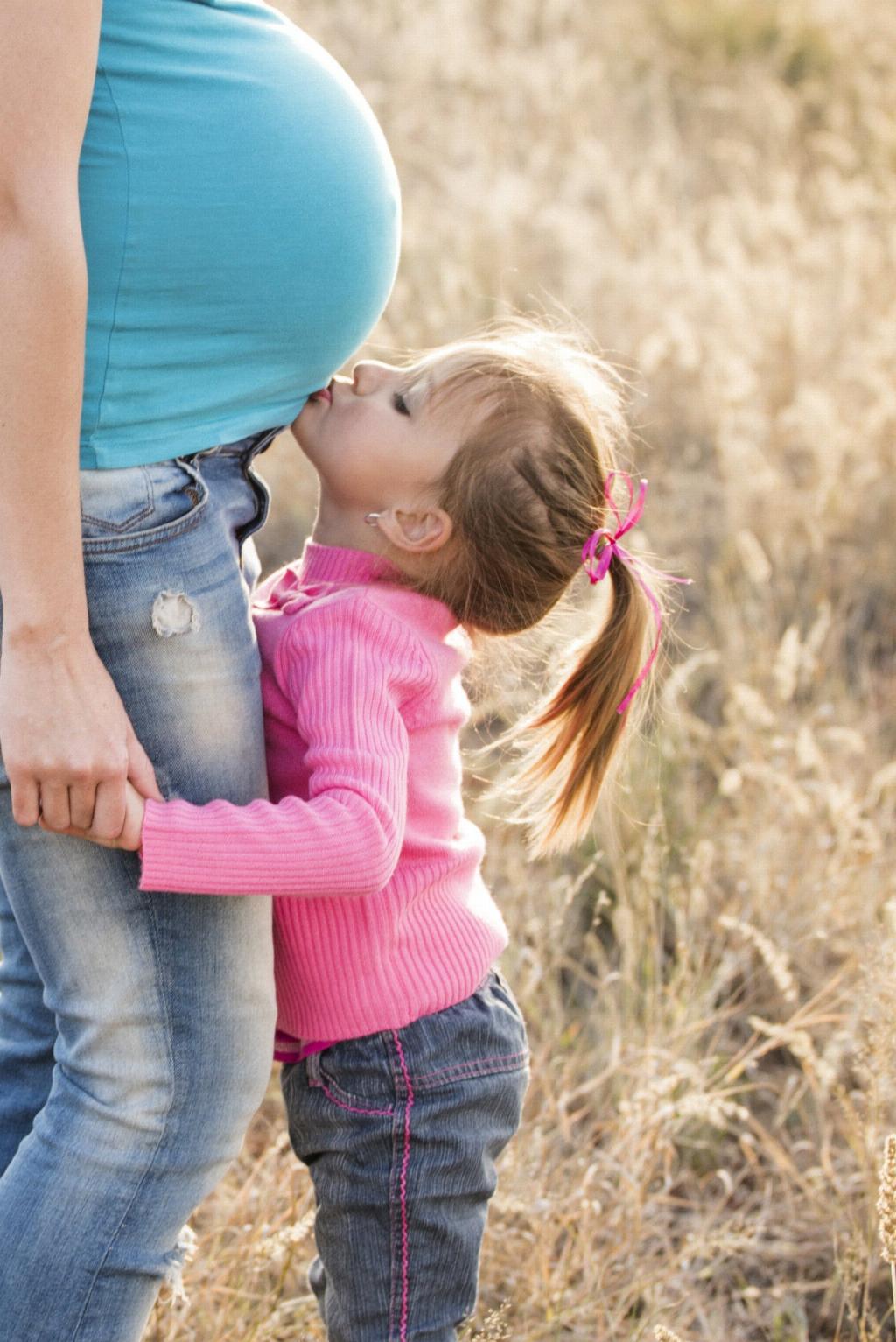Many parents often wonder whether it is safe to dance with their baby. The answer is, yes, it can be safe and even beneficial for both you and your little one. Dancing with your baby can provide numerous advantages for their development and bonding experiences.
Benefits of Dancing With Your Baby
Dancing with your baby can help stimulate their development in various ways. For instance, the movement involved in dancing can aid in the development of muscle tone, spatial awareness, and body coordination. Additionally, dancing can help improve your baby’s sense of rhythm, timing, and flow.
Physical Benefits
Physical benefits of dancing with your baby include improved muscle strength and coordination. The gentle movements involved in dancing can also help enhance your baby’s balance and motor skills as they are gently guided through different positions during the dance.
Cognitive Development
Dancing with your baby can also have cognitive benefits. The sensory stimulation from music and movement can help enhance your baby’s cognitive development, including their ability to process sounds, visuals, and tactile sensations.
Emotional Bonding
Dancing with your baby can create a special bonding experience between you and your little one. The physical closeness and shared activity of dancing can help strengthen the parent-child bond and create lasting memories.
Safety Precautions
While dancing with your baby can be a fun and beneficial activity, it is essential to take some safety precautions. Ensure that you choose a safe and spacious area to dance, free from any hazards or obstacles. Additionally, always support your baby’s head and neck during the dance movements.
Choosing the Right Music
When dancing with your baby, select music that is appropriate for their age and development. Soft and soothing music can help create a calming atmosphere, while rhythmic tunes can encourage movement and engagement.
Listening to Your Baby
Pay attention to your baby’s cues and signals during the dance. If your baby shows signs of discomfort or agitation, it is essential to stop the activity and ensure their comfort and well-being. Dancing should be a joyful and positive experience for both you and your baby.
Exploring Different Dance Styles
Don’t be afraid to explore different dance styles with your baby. Whether it’s a gentle sway, a playful jig, or a soothing waltz, experimenting with various movements and rhythms can add variety and fun to your dancing sessions.
Building Confidence
Dancing with your baby can also help build your confidence as a parent. The shared experience of dancing can boost your self-assurance in caring for your little one and provide moments of joy and connection.
Creating Lasting Memories
As you dance with your baby, remember that you are creating lasting memories that you both will cherish. The joy and laughter shared during these dance sessions can serve as precious moments that strengthen your bond and create a sense of togetherness.
Conclusion
In conclusion, dancing with your baby can be a safe and rewarding activity that offers a multitude of benefits for their development and your relationship. By taking necessary precautions, choosing suitable music, and following your baby’s cues, you can enjoy the joys of dancing together while creating lasting memories that will stay with you both for years to come.

